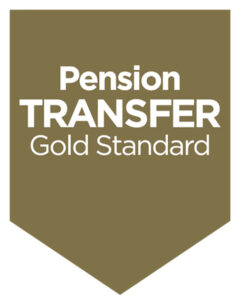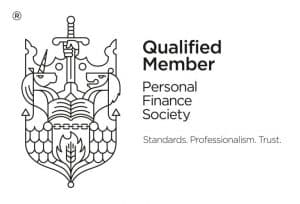
Chartered Financial Planner explains new tax rule changes to be aware of.
Chartered Financial Planners are warning clients to be aware of tax rule changes coming in to force in April.
The rule changes were brought in by new chancellor Rachael Reeves in her October budget. In particular the changes to Capital Gains Tax (CGT) introduced took effect immediately after the budget from 30th October. This is unusual. Most tax changes take effect from the next or future tax year ends. HMRC has advised Chartered Financial Planners that clients will need to make sure that they calculate any CGT in two parts. Gains made between April 24 and 29th October 24 and gains made after 30th October 2024. This will complicate millions of tax returns. It will also mean that HMRC themselves will have their workload doubled by having to check these new split returns.
Tax experts have suggested that this was a political measure to make the chancellor look tough on tax. But in reality, many argue that the effect will be lower taxes because many people disposed of assets at the old rate before the budget. In any event the introduction of the two-tier rates will complicate things this year.
Inheritance Tax also on the radar
HMRC has also said that it suspects that over £300 million in Inheritance Tax (IHT) has been underpaid in the last tax year. On the back of this the number of tax investigations is set to increase. According to HMRC they collected an extra £285 million from investigations into underpaid IHT last year. That was 15% higher than the year before.
It seems that when taxes go up, so does the incidence of tax evasion. The most common examples include:
- Under valuing property which is part of the estate.
- Not declaring cash and valuables in the estate.
- Claiming that cash gifts had been given away over 7 years ago and are therefore exempt.
Remember tax evasion, which is knowingly not declaring income to avoid tax, is a criminal offence.
Tax avoidance (as the media likes to call it), which is using existing tax rules to reduce your tax bill, is perfectly allowed. We Chartered Financial Planners prefer to call it tax planning. It’s a big part of what you pay for.
Tax evasion warnings.
HMRC has been publicising its new data sharing arrangements with major online trading platforms including eBay. They will now be getting data about who is trading on their platforms and how much they area trading. If it’s less than £6,000 its unlikely to attract tax, but trading over that amount probably needs to be declared. HMRC are warning that it’s better to make a voluntary declaration than have a tax officer visiting. That will lead to fines and penalties for sure.
They are also receiving data about online crypto trading from companies based in the UK. So, be aware.
Negative results
Whilst we have to deal with the various changes to the tax regime, it seems that their overall effect may well be negative. The number of millionaires leaving the UK has increased by almost 60% in the last year. Over 10,000 millionaires left last year. Many going to Dubai, Italy and Switzerland. The effects of this will be felt in a significant reduction in tax paid. The flip side of that is that the lost tax will have to be found elsewhere, which means higher taxes for ordinary workers.
Don’t forget the National Insurance top up deadline.
But act quickly, you only have until 5th April to top up your National Insurance (NI) contributions from 2006 to this year. HMRC have allowed people to check any gaps in their NI contributions record in order to maximise their state pension entitlement, but this ends on 5th April.
So far over 4 million people have paid in £35 million to top up their state pensions.
After 6th April, you will still be able to top up but only going back a maximum of six years.
New Chartered Financial Planner register on its way.
In other news away from tax. The Financial Conduct Authority (FCA) have announced that they have built a new online register to check whether firms are authorised or not.
This new register will be called The Firm Checker Tool. It has been developed on the back of criticism that the current register is too complicated for consumers to easily understand (that’s true). So, the new register will contain limited information about firm’s authorisations which will be much clearer. There won’t be the detailed breakdown of specific permissions under each advice area, for example pensions, investments, mortgages etc., but enough to say whether a firm is authorised at a high level to provide advice in that particular area.
The current detailed register will remain in place for use by the advice industry.
This new register should help combat scams by making it easier to identify firms.
The Firm Checker Tool should launch soon.



















